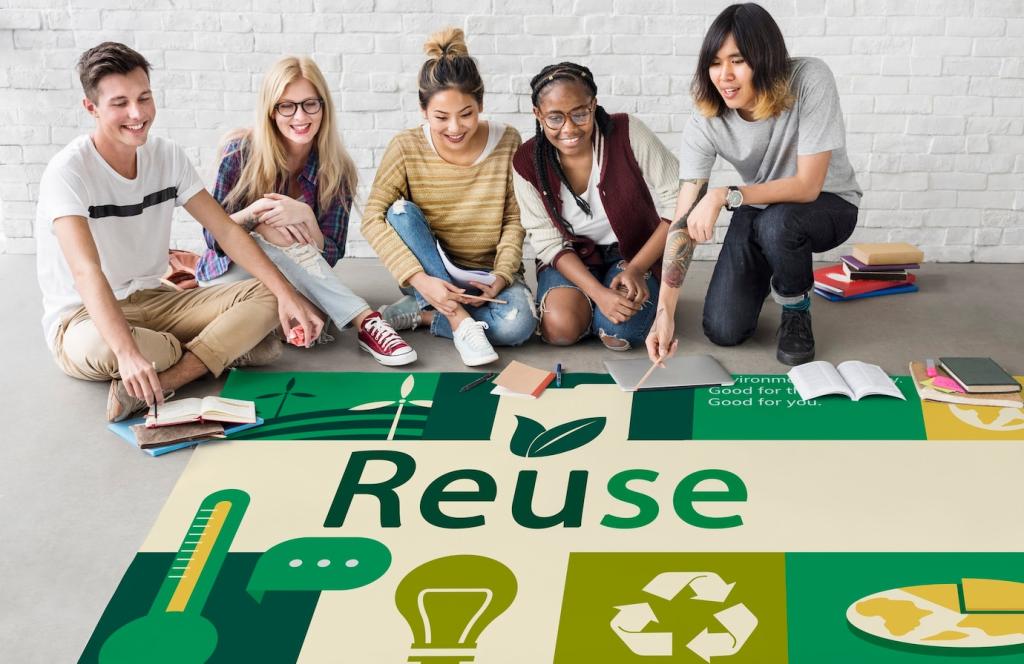Why It Matters: The Footprint of Gatherings
Every event generates flows of organics, recyclables, and reusables that are often treated as trash. With a plan, those flows become resources: compost for soil health, plastics for new products, and dishes that serve again. Tell us how you’ve reclaimed materials.
Why It Matters: The Footprint of Gatherings
A single weekend festival can produce many tons of discarded cups, food, and packaging. Diverting organics to composting slashes methane potential, while clean recycling conserves energy and raw materials. What diversion rate are you aiming for this season? Comment your target.



